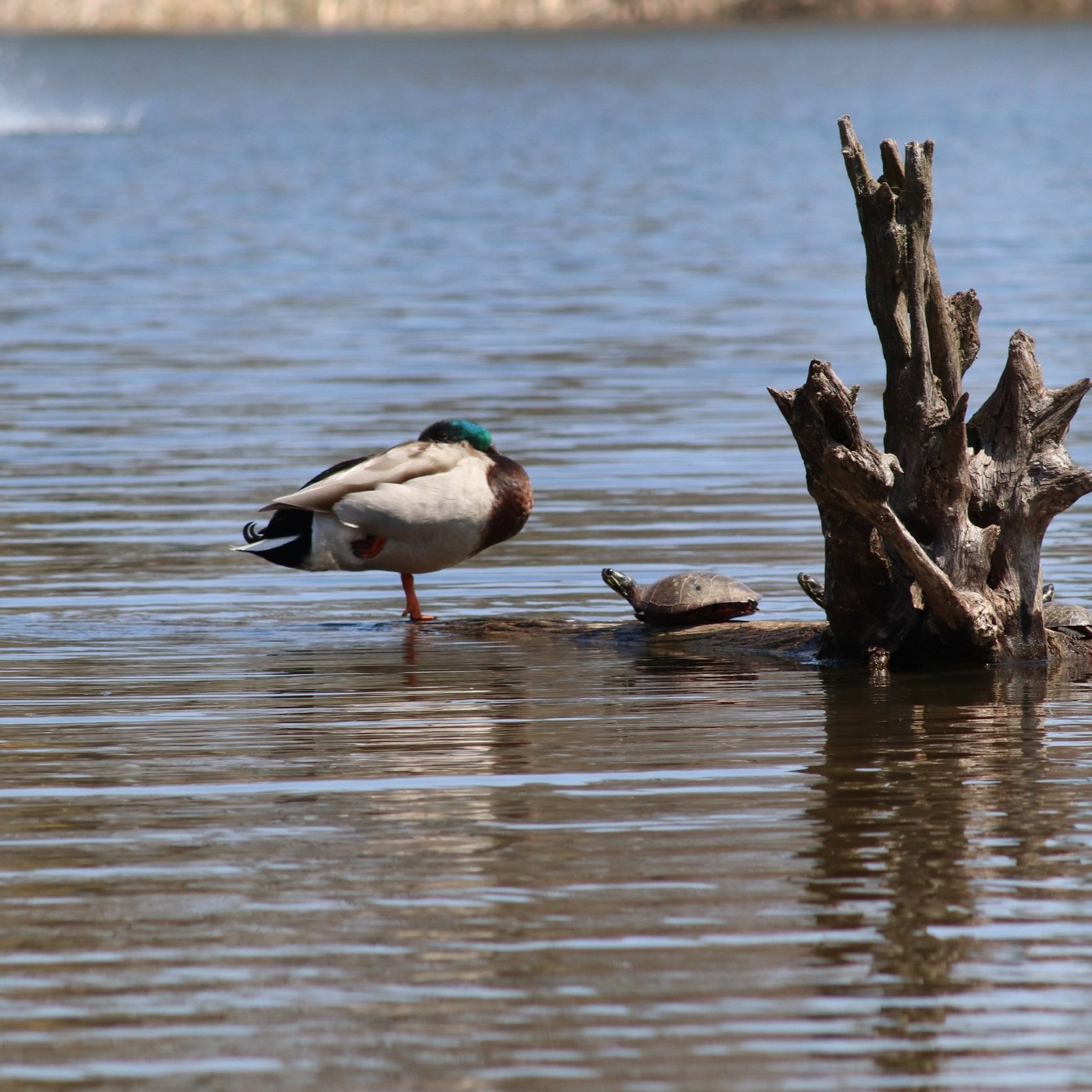
Advice for Writing, Editing, Reading, and Life.
New posts on Mondays (for non-fiction) or Fridays (for fiction)

Ten More Writing Prompts: Christmas Edition
Every so often, I like to challenge you, my readers, to take a break from your projects and flex your creativity on something smaller.
So here is a Christmas edition of my ongoing series, Ten Writing Prompts.

Five More Rookie Writing Mistakes
No writer is perfect. The closest we can get is to keep pushing forward, and allow others to speak into our work to help us find and fix mistakes. My hope is that you, by reading this post, are helped to find and fix these rookie mistakes (that I still sometimes make).

Three Tips to Write Better Dialogue
You may not immediately think so, but dialogue can make or break a work of fiction. When I wrote about common writing mistakes, I didn’t touch on dialogue, but it’s not because dialogue is easy. It’s because it’s hard, and the mistakes writers make when writing dialogue aren’t, in my opinion, rookie mistakes.

Publishing Pathways: Non-Traditional Publishing
At its best, non-traditional publishing fills a niche and provides a useful set of services to aspiring authors. Rather than selling the rights to your work in order to have a professional team polish and distribute your work, with non-traditional publishing, you pay a fee to have a professional team polish and distribute your work in order to keep your rights.

Publishing Pathways: Traditional Publishing
There are a lot of nitty gritty details about what different publishing deals can look like with different traditional publishing firms, but it boils down to this: the firm pays the author to purchase the rights to the work, and the author and publisher negotiate a rate of royalty that the author will be paid for each book sold.

Publishing Pathways: True Self-Publishing
With true self-publishing, if you don’t already know what you’re doing, it falls on you to figure it out. Thankfully, there are a lot of resources online you can lean on to help you cure your own ignorance, but this pathway has good and bad elements that you should be prepared for.

A Case Study on Character: The Jungle Book (1967 vs. 2016)
With the recent release of Disney’s “live-action” Pinocchio remake, it would be too easy to simply point out all the issues with stripping a character of agency and regurgitating a colorful mess onto a streaming platform.
Instead, I want to look at what happens when you take a listless character and breathe life into them. That’s right, we’re finally tackling The Jungle Book, the only remake that I would argue wasn’t just good, but better than the animated classic it drew inspiration from.

Back in the Saddle Again… Kind of
It’s finally fall—at least, culturally speaking. It’s important to get back to practical posts. Not to insinuate that reading fiction can’t help you get better at writing, but it seems a good time to get back to what I originally intended this blog to be: Advice on the craft. What little I know offered to you in the most appetizing way I can plate it.

The Last Great Adventure (pt. 6)
Although they passed some intersections, neither Wes nor Teddy wanted to turn aside from this primary thoroughfare unless they reached a dead end or some other destination. Eventually, just as Teddy opened his mouth to suggest turning back, the street opened onto a deserted plaza.

The Last Great Adventure (pt. 5)
The deeper they pressed into the massive chamber, the larger it turned out to be. After walking a few hundred meters, they noticed another large pillar, identical to the first. Overall, the room’s dimensions resembled a corridor, though on a much grander scale. The walls on the left and right seemed mostly natural, though some areas bore marks where rock had been roughly chiseled away.

The Last Great Adventure (pt. 4)
They located the sinkhole without much trouble. The smallish thing described by Conklin had grown in the decades since his passing, and after walking in the direction indicated by Conklin’s directions, they couldn’t have missed it even had they been blindfolded.

The Last Great Adventure (pt. 3)
During the night, the temperature dropped to be unseasonably cool, and thick fog settled over the woods. Upon awakening, Teddy felt the heart-stopping moment of panic that comes from transitioning from a familiar dream into unfamiliar surroundings. The thick mist shrouded the world in shades of gloom, and he felt completely alone. Even Wes’ slumbering body, no more than six feet away, was difficult to make out in the heavy fog.

The Last Great Adventure (pt. 2)
Wes had always felt that fire was like the truth. It was powerful and useful, but would burn you if you mishandled it. It could sweep through a forest and clear away debris while leaving the sturdiest trees largely undamaged, or it could sweep through a house and leave nothing but ash and pain. Truth could illuminate or blind. So Wes judiciously contained the truth as best he could, only letting out just enough, at just the right times.

The Last Great Adventure (pt. 1)
“Where do you think the creek goes?” Wes asked.
“Into the forest.” Teddy said with a shrug.
“No I mean after that. Where does it lead? Do you think it goes through the whole forest?”
“I don’t know. I guess I never thought about it.” Teddy, already steeped in thoughts about the advent of their senior year in high school, was prepared to let the subject drop, but not Wes.
“Let’s find out!”


The Further Adventures of Chuck and Bill
Chuck and Bill had no way to get home,
So together they started to roam.
They took a big chance
And headed toward France
Braving the Channel’s seafoam.

The Adventures of Chuck and Bill
There once was a turtle named Chuck,
Who befriended a one-legged duck.
The duck was named Bill
And stood perfectly still
For his one foot was stuck in the muck.

Skin to Skin
Rain had just begun to seep through Paul’s hooded sweatshirt, but he still didn’t move. Silently, still, unblinking. How long had it been? 30 years? Flashes of pain and fear and shame flooded his mind, overrunning decades of mental blocks and repression that had served as levees until this night.
This is where it happened.

We Are Stardust (pt. 5)
Another few weeks passed and eventually Massoud gave up her efforts to teach the Petrans to farm. Hughes began spending more time on the surface, eventually only returning to the Exodus to sleep, and that only because Nyoka had insisted on it. Nyoka could feel control of the mission slipping away from her.

We Are Stardust (pt. 4)
Although no one had said it aloud or written it down or filled out any of the paperwork that could have made it official, Nyoka saw Rivera as her protégé, who would someday be in command of her own crew. The woman was in love with the stars; had said as much in her initial evaluation.